The views expressed in our content reflect individual perspectives and do not represent the authoritative views of the Baha'i Faith.
…righteousness and justice must prevail, and there must be education and freedom for all the sons and daughters of mother earth. – Abdu’l-Baha, Star of the West, Volume 6, p. 315.
Like many Americans alive at the time, I watched Bloody Sunday on the news. Now, of course, you can see it, re-created, at the movie theatre in the new film Selma.
The first Selma-to-Montgomery march, held on March 7, 1965, became known as Bloody Sunday after state troopers and a white-supremacist “posse” viciously attacked the 600 civil rights marchers at the Edmund Pettus Bridge, injuring hundreds and sending 14 of them to the hospital.
In that attack, a policeman clubbed a peaceful, church-going 53-year-old woman of African-American and Cherokee descent named Amelia Boynton to the pavement, where she lay unconscious as tear gas and horseback-riding Alabama State Troopers flowed over and around her.
The same fate happened to dozens and maybe hundreds of people that day–but by chance a news photographer snapped a photograph of another marcher trying to help Mrs. Boynton, and that photograph appeared in the news media all around the world. That photograph is burned into my memory, and had an enormous influence on my life.
Dressed in her Sunday-best, as if walking to church, the prone, bloodied and unconscious Mrs. Boynton became an iconic global symbol of the brutal repression of black Americans who simply wanted the right to vote. I remember being outraged, saying to my brothers and sisters as we watched the TV coverage: “Why are they beating those people? They weren’t hurting anyone!” I immediately wanted to do whatever I could to address the deep injustices her brutal treatment represented.
I’m happy to report that Mrs. Boynton (her last name is now Robinson) survived that beating, and became a living embodiment of the civil rights struggle. She attended, just a few days ago and at the age of 103, President Obama’s State of the Union speech in Washington, D.C.
You may not know that Amelia Boynton did much more than simply appear in one famous photograph, though. Educated at the Tuskegee Institute, as a young woman in the late 1930s she wrote a play called Through the Years, about the creation and power of Negro Spirituals. She and her husband, both quiet activists for the oneness of humanity, used the proceeds from performances of that play to help create and fund a community center where African-Americans and whites could gather together in segregated Selma.
That community center, and later Mrs. Boynton’s house, became the spiritual and physical hubs of the civil rights movement in the area. A scene in the film Selma portrays the Boynton home as an energetic, happy gathering place where Martin Luther King, James Bevel, Hosea Williams and John Lewis eat together, strategize and plan the Selma-to-Montgomery march—but her home, for many, many years, functioned as much more than just a movie set.
Instead, Mrs. Boynton’s home, and her lifelong commitment to civil rights, served not just as a physical meeting place, but as a spiritual center, one of the beating hearts of the movement for equality and justice.
No movie or TV show (or short essay like this one) can fully take the measure or evaluate the impact of that courageous and essentially spiritual lifelong commitment.
Films like Selma, with their compression of actual events into a few hours, can sometimes give us the impression that one famed march or one charismatic leader or one seminal event has the power to alter the course of history. But that just isn’t true. Instead, it takes a lasting, faithful and passionate commitment to a cause, on the part of many people, to actually change history’s direction.
When history does change, it changes only because many individuals band together in unity to create a movement.
That movement, if it has a universal approach and principles based on true justice, will grow and expand:
In this world we judge a cause or movement by its progress and development. Some movements appear, manifest a brief period of activity, then discontinue. Others show forth a greater measure of growth and strength, but before attaining mature development, weaken, disintegrate and are lost in oblivion. Neither of these mentioned are progressive and permanent.
There is still another kind of movement or cause which from a very small, inconspicuous beginning goes forward with sure and steady progress, gradually broadening and widening until it has assumed universal dimensions. The Baha’i Movement is of this nature. – Abdu’l-Baha, The Promulgation of Universal Peace, p. 43.
Every movement has its heroes, public figures and well-known leaders—but they couldn’t exist without the committed, dedicated and ongoing efforts of the movement’s unsung advocates, believers and supporters.
We tend to think of the famous names when we think of the civil rights movement—we even celebrate Dr. King’s birthday as a federal holiday. But we should all contemplate Amelia Boynton Robinson’s life, and the lives of every unsung person who selflessly fought for freedom, for that very reason. Few people, besides the insiders in the civil rights movement, know her name. Only a handful of people understand the contributions she made. Her struggle for human equality and justice has spanned more than a century now, and continues to this day. A foot soldier in the army of social change, Amelia Boynton Robinson made enormous sacrifices and risked her life for what she believed in.
If you want to leave a lasting impact in this world, think about her example, and find a movement you can work for with all your heart and soul.


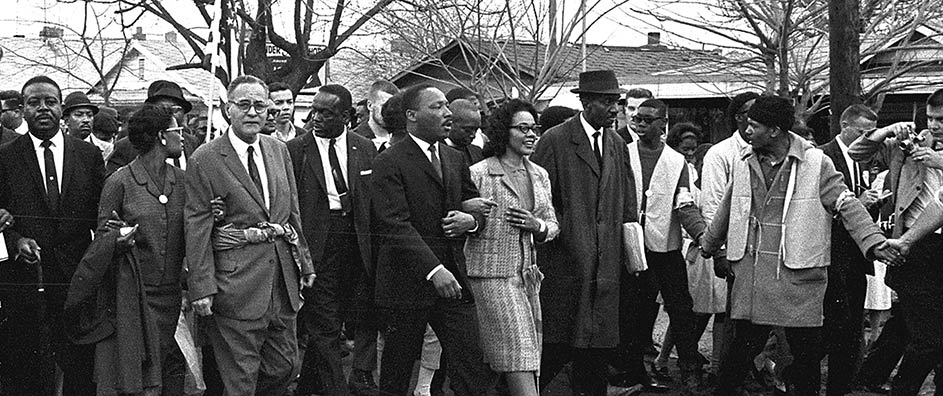
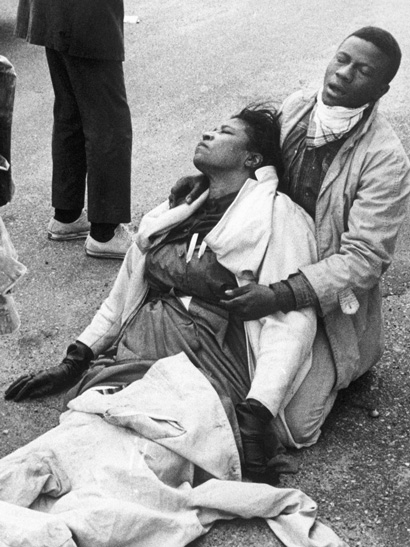

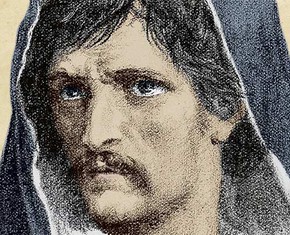
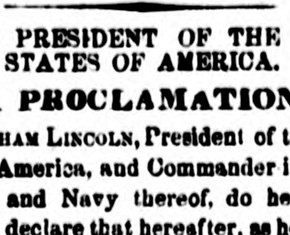
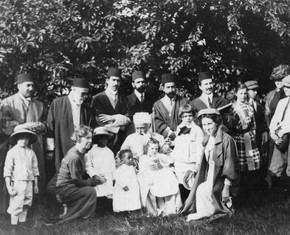









Comments
Sign in or create an account
Continue with Googleor